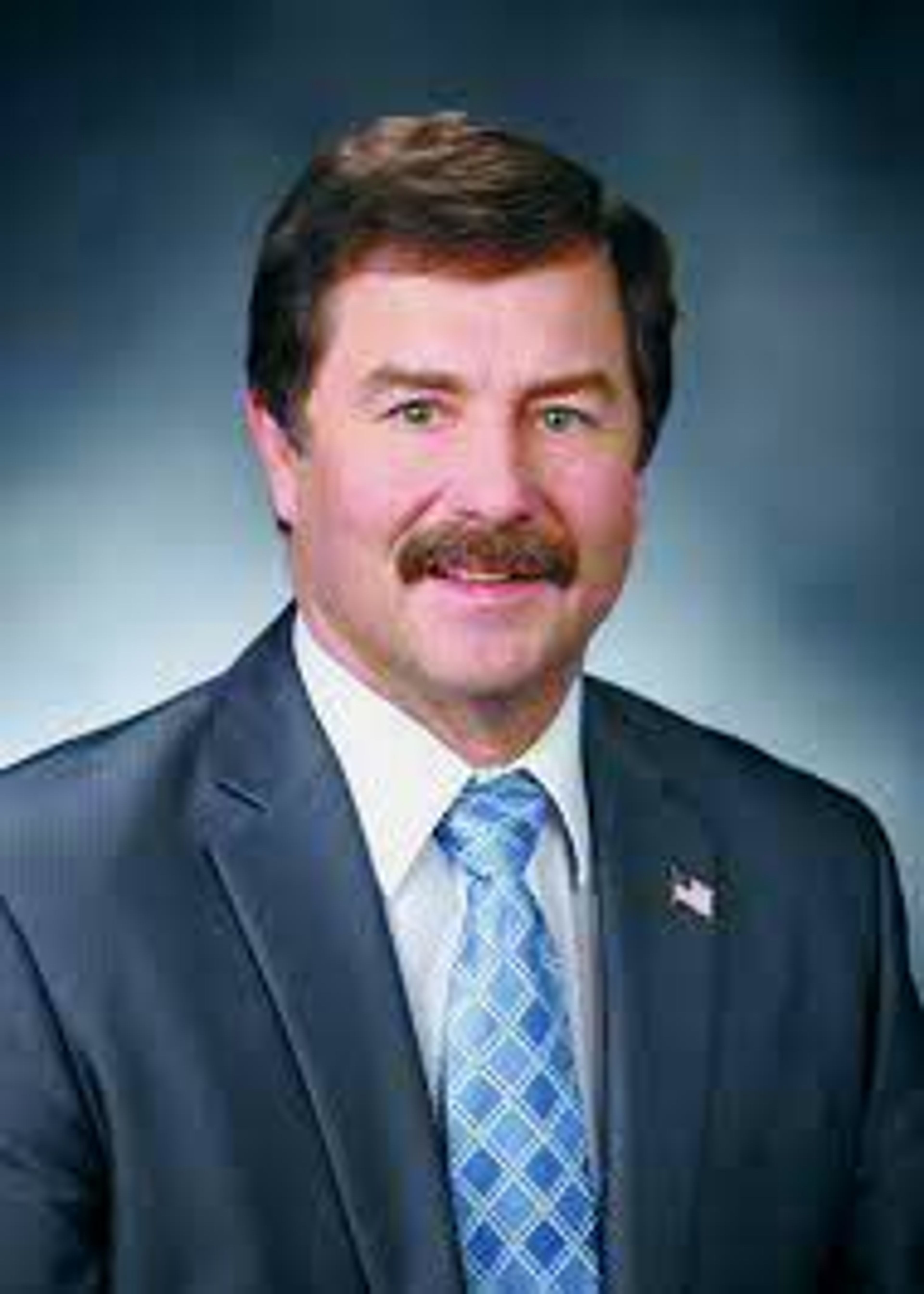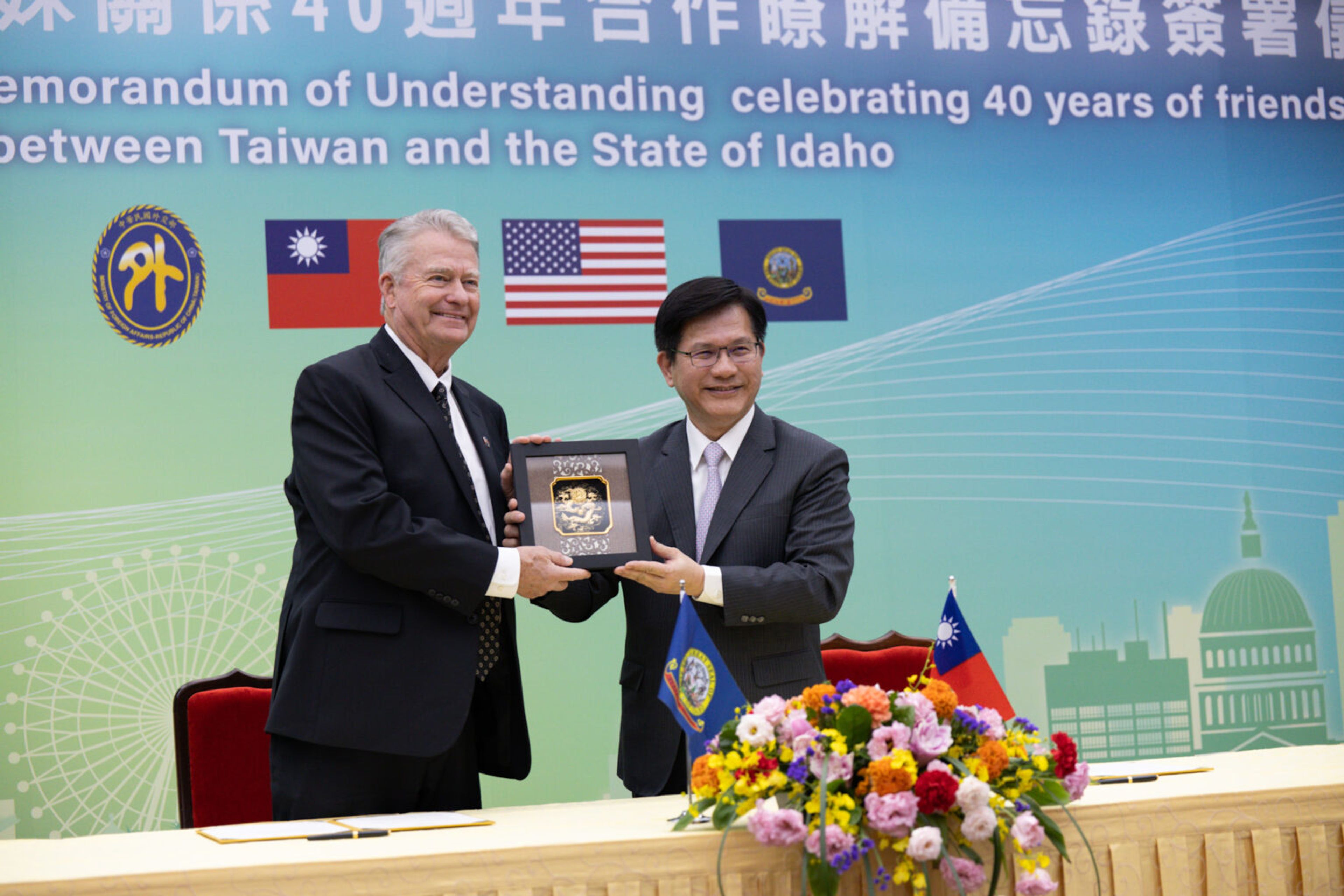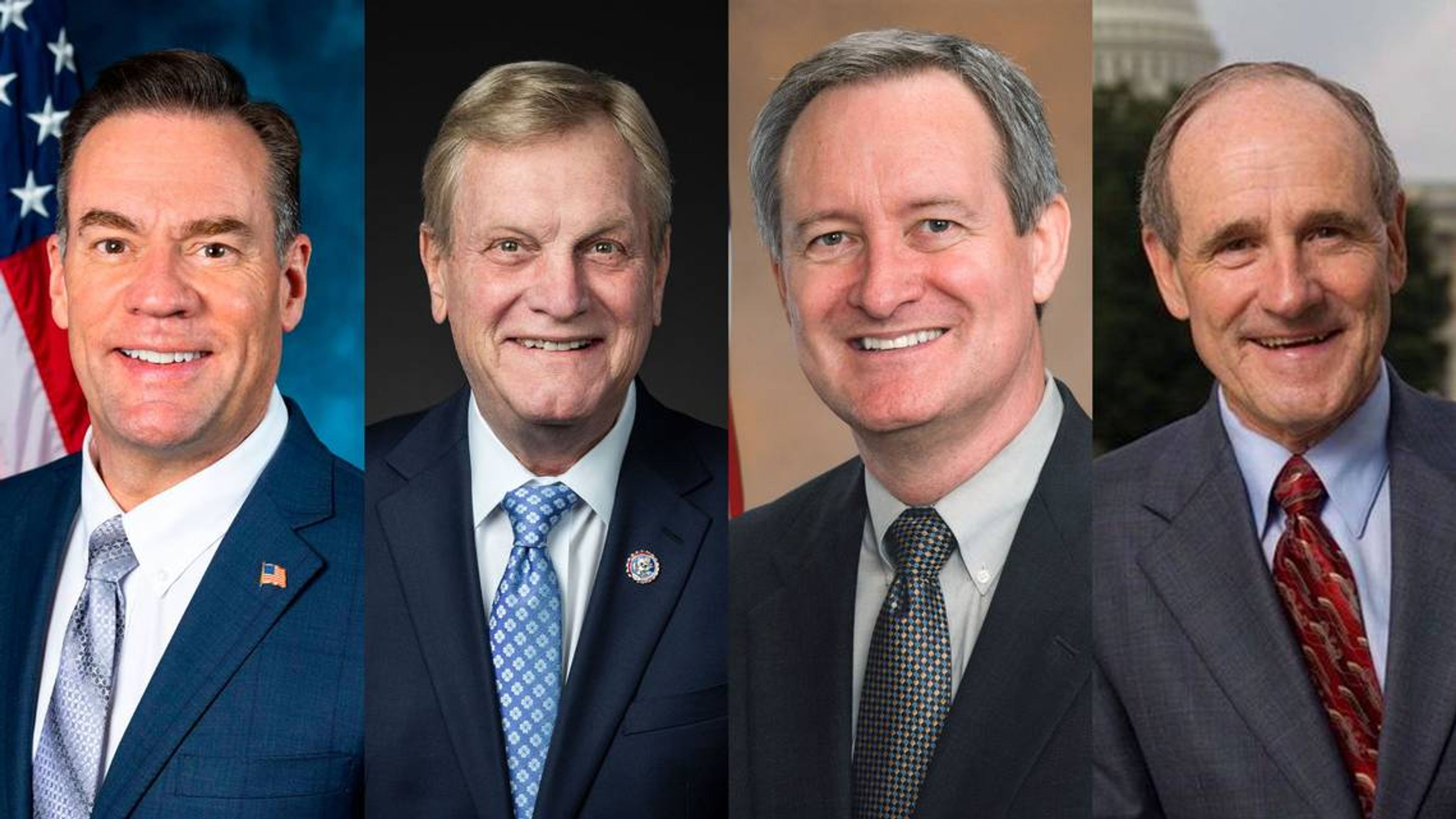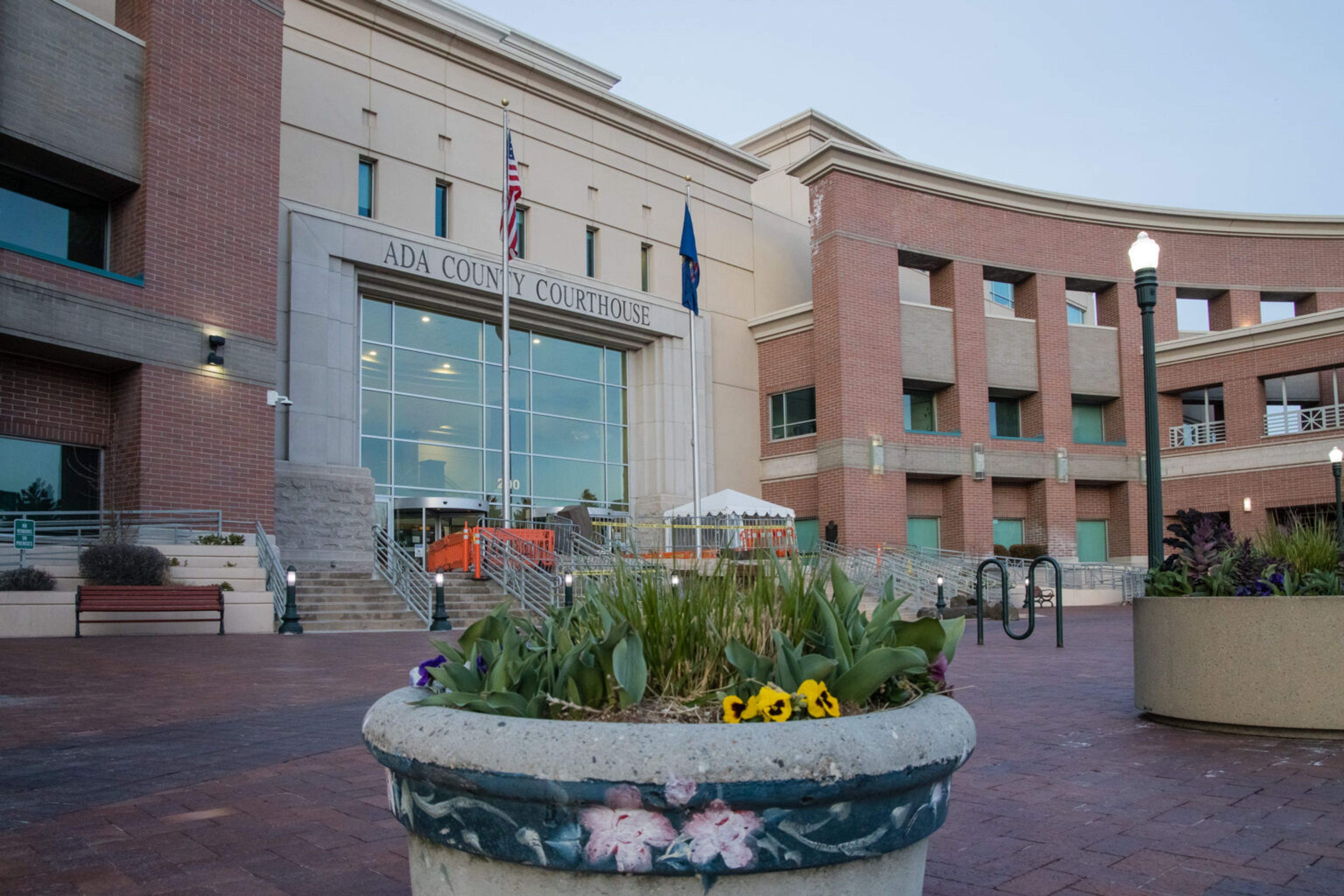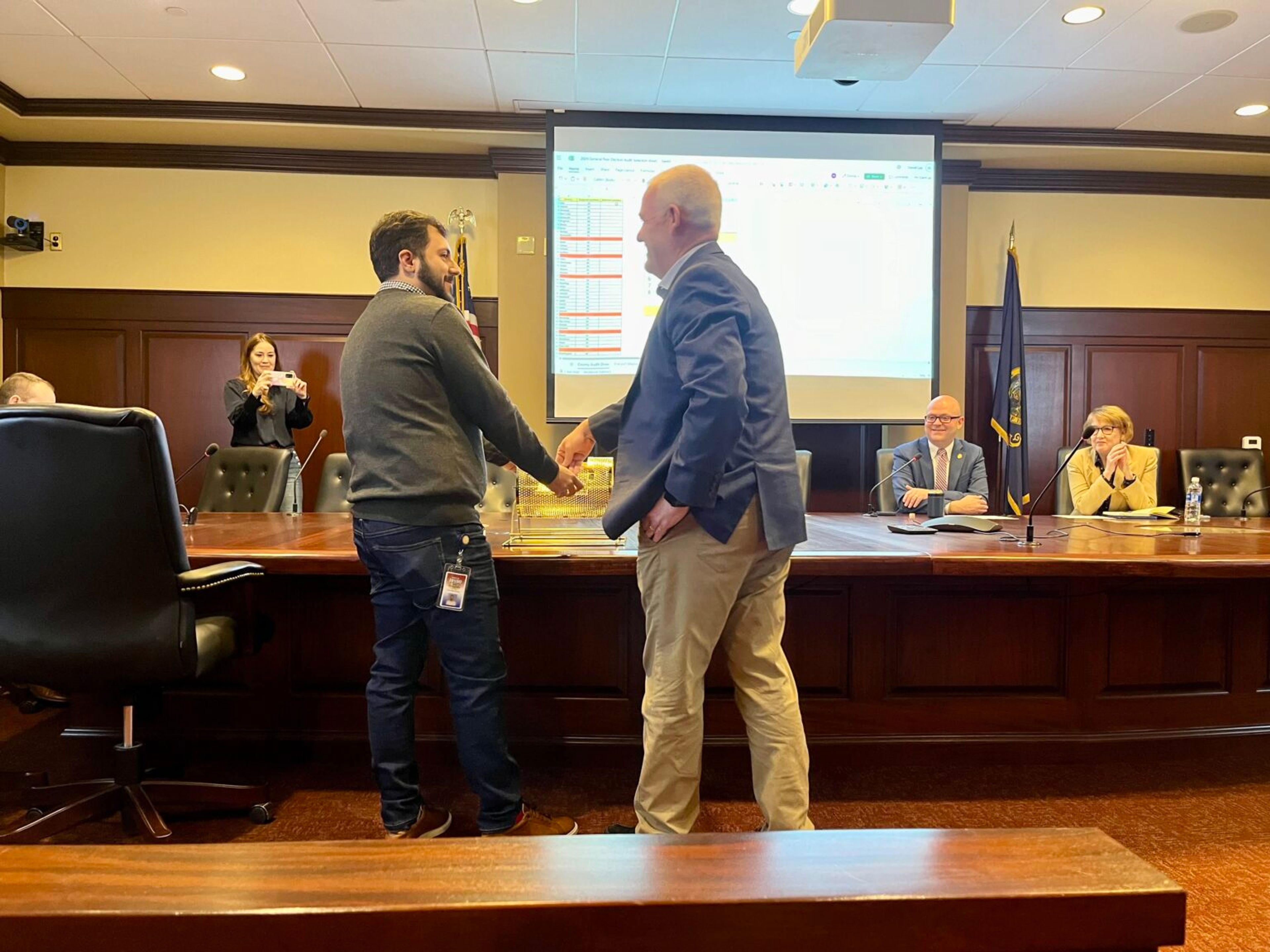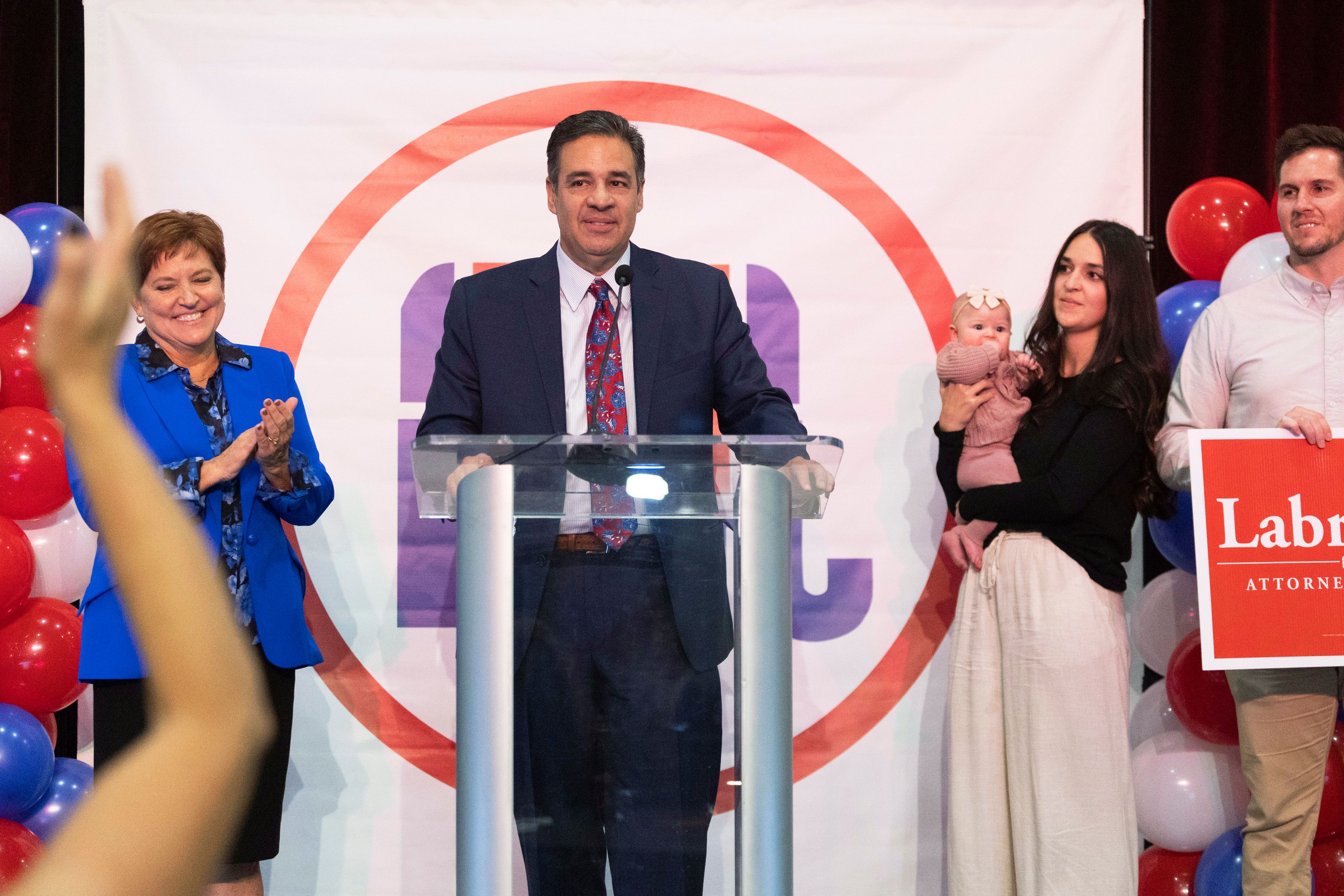Washington lawmakers, Pullman council talk transportation
Republican legislators Dye and Schoesler discuss variety of issues at Tuesday session
PULLMAN - A discussion between Washington state legislators and Pullman city staff Tuesday night ranged from Transportation Improvement Board grants to an abandoned right-of-way formerly slated as a northern bypass around downtown Pullman.
Yet, the bulk of the talk Tuesday centered on the theme of transportation.
State Rep. Mary Dye, R-Pomeroy, and GOP Senate Majority Leader Mark Schoesler joined the Pullman City Council for its regular meeting to discuss a number of transportation issues, as well as marijuana excise tax sharing and the effect of public records requests on cities. No action was taken Tuesday night.
Schoesler said the transportation package passed by the Legislature two years ago helped fund the Transportation Improvement Board, which constructs and maintains roads throughout the state using revenue from the statewide gas tax.
Schoesler said the cap of $8 million for any one project is a good thing for Washington's 9th Legislative District - which includes Whitman, Asotin, Garfield, Franklin and Adams counties, as well as part of Spokane County.
"A city the size of Palouse or Pullman can do really well with TIB," Schoesler said.
Last month, Colfax was awarded a $913,000 grant from the Transportation Improvement Board for improvements to Cedar and Oak streets there.
"Without that, we'd be in a world of hurt," said Colfax Mayor Todd Vanek.
Vanek added, though, that there are several remaining infrastructure issues in Colfax, which he said serves as a thoroughfare for both northern and western Washington.
Colfax must continue to deal with transportation issues, Vanek said, despite reportedly little revenue coming to the town from marijuana and liquor excise taxes. A portion of marijuana excise taxes are deposited into the state's general fund, and the revenues are then shared with counties and towns based partially on marijuana revenues in the entities and partially on population size.
"We don't see any of that revenue but we have to deal a lot with the transportation of those issues, with driving under the influence - we see a lot of that," Vanek said. "Every community has to deal with it."
Schoesler said many legislators are taking a "wait-and-see" approach when it comes to tax sharing.
There are cities and counties in Washington that want to regulate zoning in a way that effectively bans marijuana retailers, but also want excise tax revenues, he said.
"We'll see what the revenue does, what sharing approaches are out there," Schoesler said.
He added that marijuana revenue projections have so far been nearly spot on, despite the product having no economic track record.
Pullman city staff also noted that the city is working with the state to determine the fate of a right-of-way north of Pullman that was once slated to be developed as State Route 276. The bypass, set to extend from State Route 270 on the east side of town to U.S. Highway 195 on the west side, was legislated in 1973, but repealed this year.
The transfer of the right-of-way to the city of Pullman and Whitman County comes with some questions that the city is assessing. A study of that process is set to be completed by November 2017, said Pullman Public Works Director Kevin Gardes.
The other right of way discussed Tuesday night was the abandoned rail corridor from Pullman to Colfax. Rail service will likely be formally discontinued, said Councilor Eileen Macoll, but the fate of the corridor remains unknown. Options include railbanking the corridor for future rail use and converting it into a trail, or reverting the right of way back to adjacent landowners.
Schoesler said though, that maintaining the public right of way would be preferred.
"Preserving that right of way for something is vital, because to go through eminent domain again - to lay a gas pipeline, fiber, electrical transmission - is all a nightmare."
Embree may be contacted at cembree@lmtribune.com or (208) 669-1298. Follow her on Twitter @chelseaembree .
